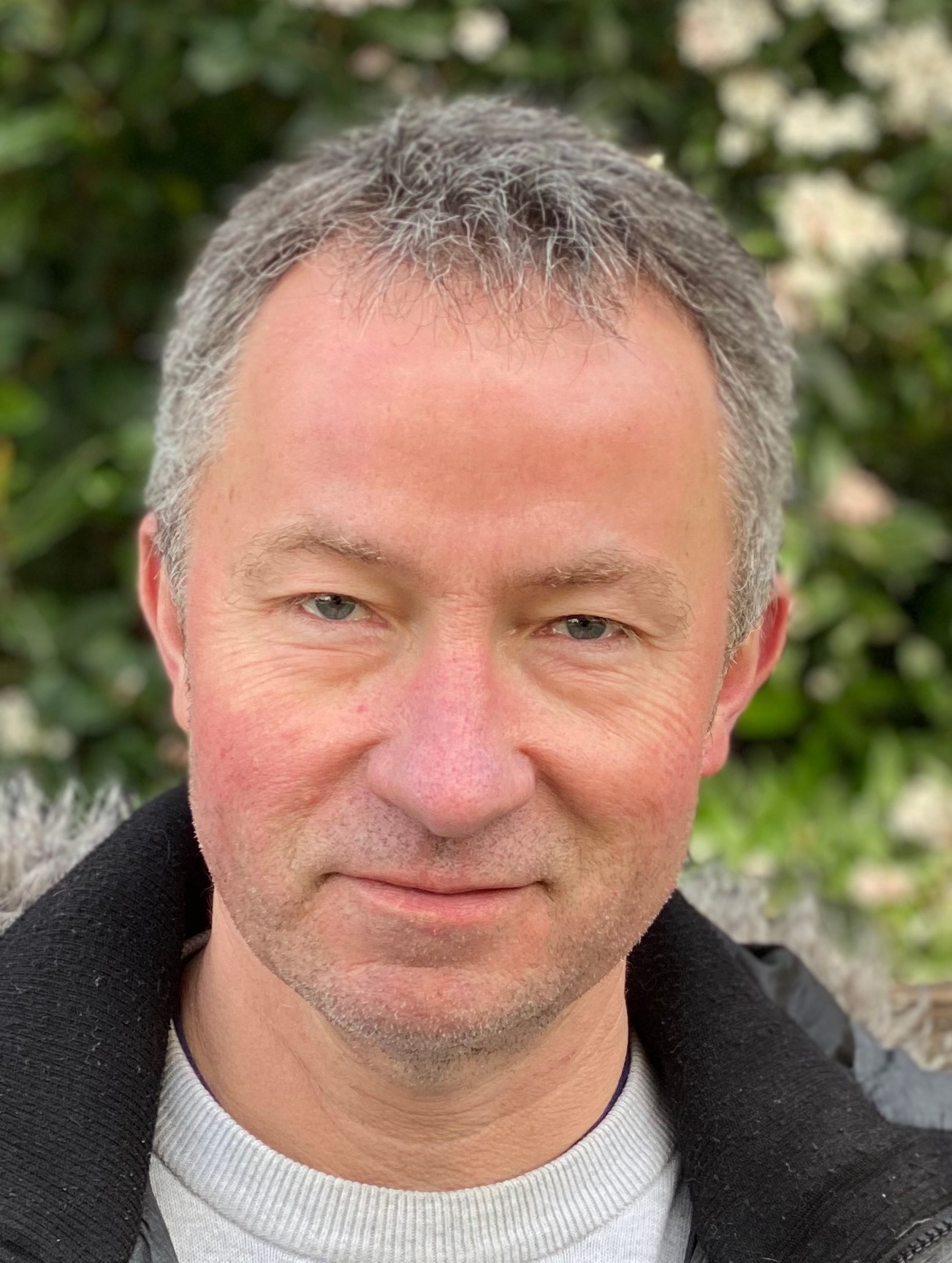Songs For All Seasons: Renaissance
On the eve of their first UK tour in three decades, singer Annie Haslam tells Prog how the band survived the tragic death of founder member Michael Dunford in 2012, and how their future lies.
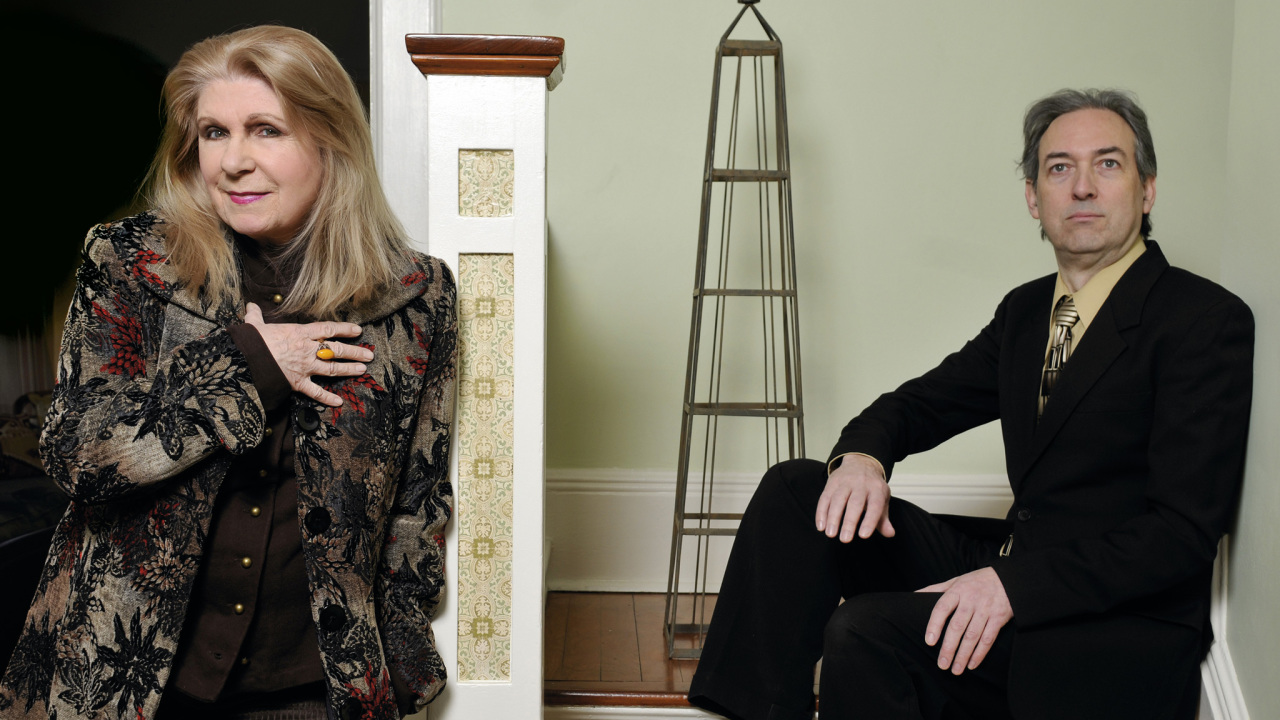
Through all their recent misfortune, illness and tragedy, and after a journey that has carried the protagonists across many decades, it’s time for a new Renaissance period. A UK and European tour by the progressive folk institution is about to see them back performing in their home country for the first time in 14 years, and on their first run of British dates for more than 30.
Lead singer Annie Haslam couldn’t feel more excited about it now, but the route home has been paved with many challenges: most of all, the untimely and sudden passing of Michael Dunford – or Micky, as she always knew him – her friend and musical compadre of 40 years, in Renaissance and beyond.
“He used to hit me when I called him Micky,” she says with a laugh. “When you get older, you like your name to be a bit posher, don’t you? ‘Call me Michael!’ I said, ‘I can’t, Mick, it’s like you calling me Anne – I’d kick you.’ So we used to have fun with it.”
Dunford suffered a cerebral haemorrhage at his home in Surrey in November 2012. His death came just as the band were engineering their return to the contemporary scene with the completion of a new album, Grandine il Vento. Haslam and her fellow band members were understandably shattered, and all of this when they had already had to rewrite their plans once, after Haslam suffered a collapsed vertebra in her spine.
“We had to cancel three-quarters of that tour,” she remembers, “and we were doing so well. We were just starting to move forward. Then Micky got home on the last flight out of Philadelphia before Hurricane Sandy hit, and then two weeks later he died.”
She sounds bemused, even at this distance. “It was… I didn’t know what to do,” she says. “I thought, ‘Should I carry on?’ He was my friend for 41 years. We’d gone through a lot together. Even when we didn’t have Renaissance, I’d do some bits on his musical – he was doing a fantastic musical of Scheherazade. He’d been working on that for years and I’d done some demos with him. So we were the closest. We stayed closer than anybody else.”
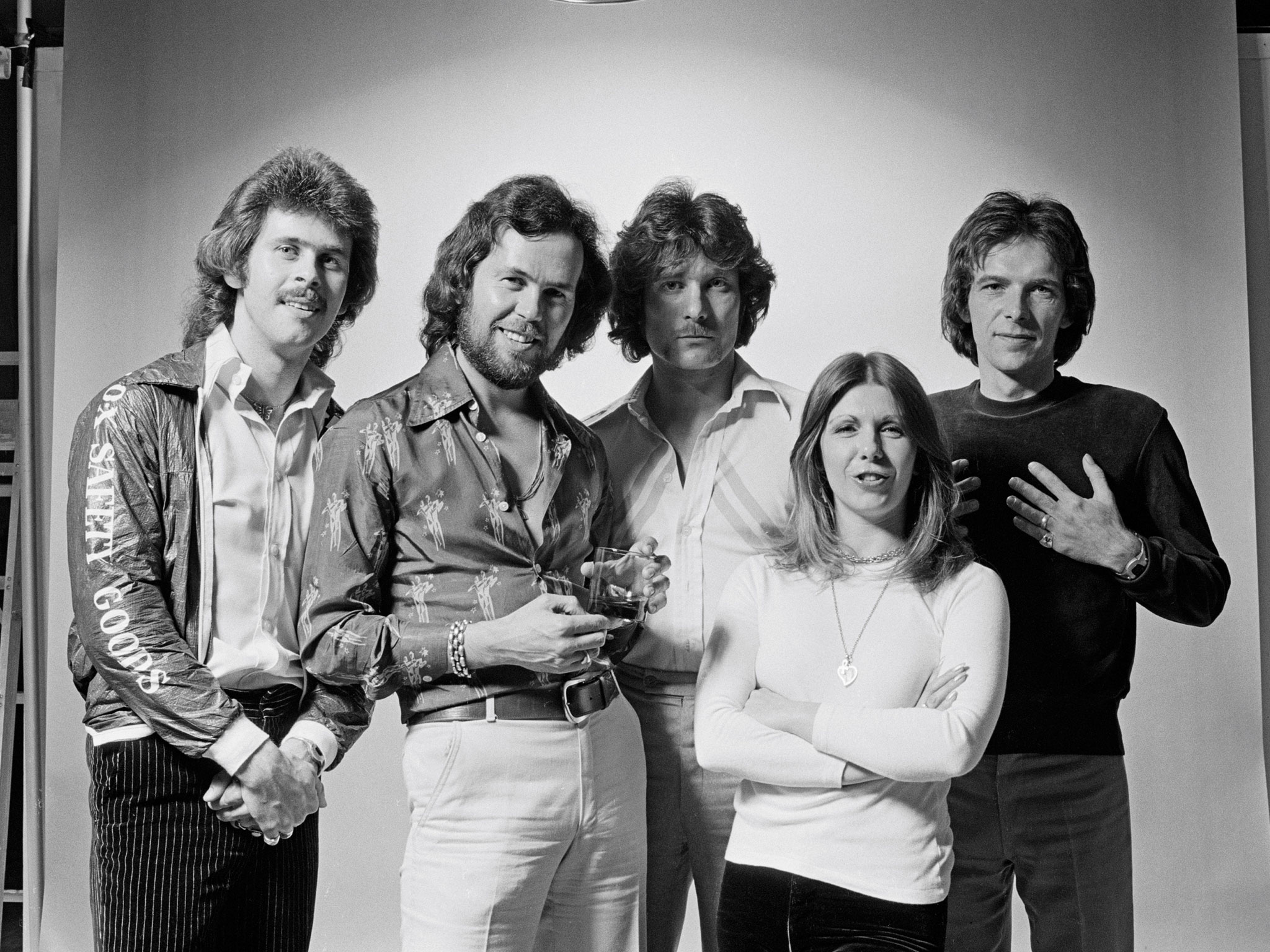
Everything that has followed Dunford’s death has been done in tribute, and in support of his widow Clare and their sons. “We’d finished the album; we were still working on the artwork,” says Haslam. “And I thought, well, I can’t just leave it. It would just be terrible to do all that work and have all these new songs not be heard.
Sign up below to get the latest from Prog, plus exclusive special offers, direct to your inbox!
“I knew from that moment on that everything would be on my shoulders, and it was. But Rave Tesar, the band’s keyboard player and now our musical director, I’ve been working with since 1988. He was in my solo band, and there was a lot of support from him and other people, other fans and friends. That kept me going.”
The resulting album was assured and adventurous, and came to life with the help of those loyal fans. “The next thing was to get the album out. We did that: we put it out on Amazon first of all, ourselves, and then with Kickstarter. Oh my god, what an amazing way to…”
She tails off. “Some people think you can put something on there and people are going to flood to give you money. Well, you have to have a really strong fanbase. That was quite incredible that the fans did that for us.”
The later distribution deal they landed dictated a change of artwork, title and other additions, one of which called on Haslam’s other great talent – as an artist. “I did a new painting and we changed the title to Symphony Of Light. That song’s about Leonardo da Vinci, and Rave and I wrote this new piece called Renaissance Man, about Michael Dunford, which closes the new version of the album. So that was interesting, to think they were both called that.”
Perhaps Haslam sounds relatively unfazed by such challenges because she has always approached her work with great bravado, going right back to the day in 1971 when she succeeded Anne-Marie Cullom, herself the short-lived replacement for the band’s original female lead, Jane Relf.
“When I first joined the band, that was only my second singing job,” remembers Haslam. “I was very fortunate, really. But I don’t think I’ve ever really been nervous before I go on stage. I always have to go and have a wee, like everybody does, even if I don’t want to go!”
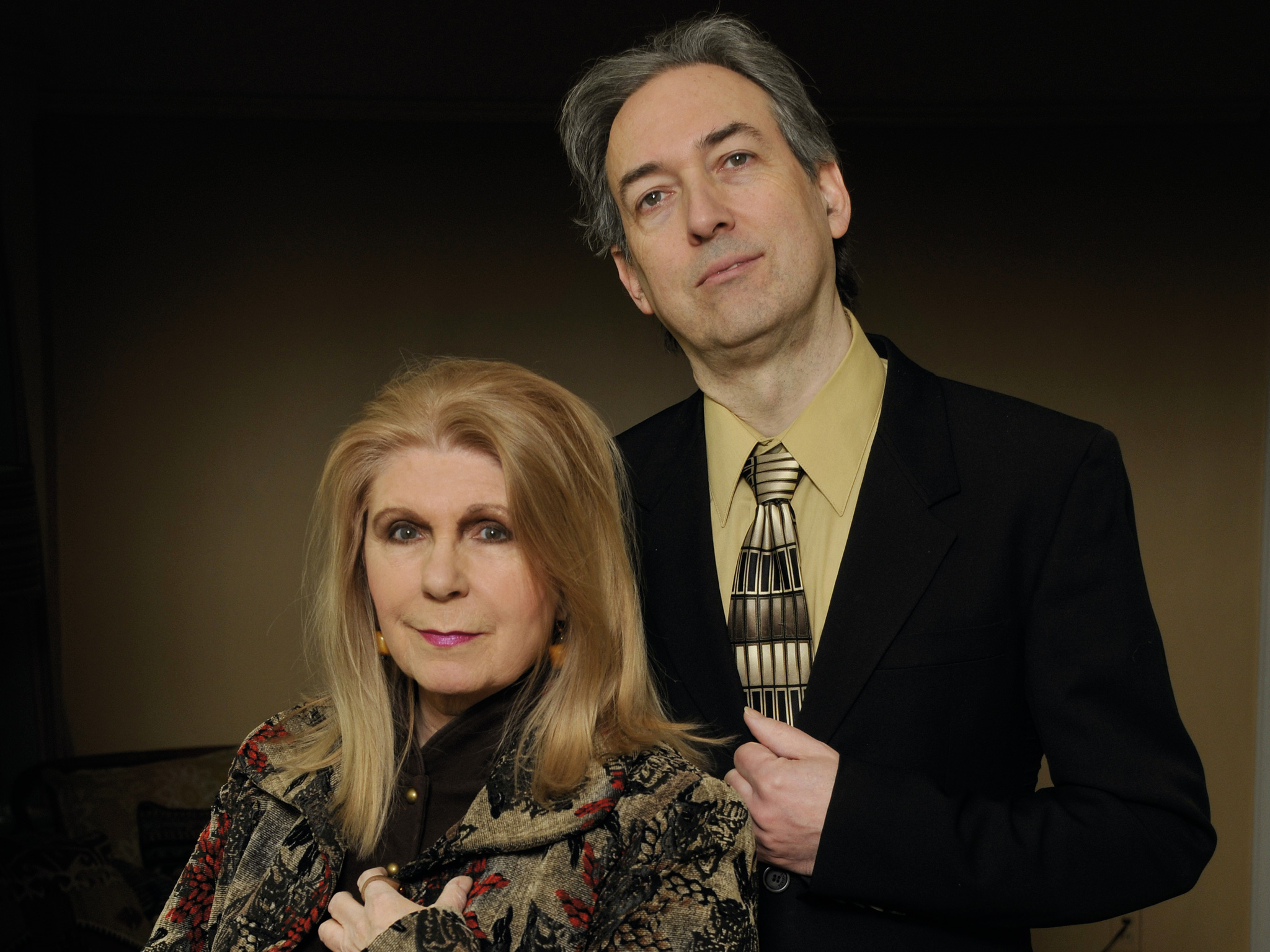
Renaissance plotted a course through the 1970s in which they built a bespoke catalogue and had a Top 10 hit single in the fondly remembered Northern Lights. Haslam’s sense of fun shines in her sunny conversation, especially when she remembers that era, in which her partner of the time, Roy Wood, was a great inspiration. He produced her 1977 solo album Annie In Wonderland and was always a source of creativity.
“He is a genius, I think,” she says, before taking the conversation down an unexpected route. “We slept on this eight-foot round water bed, and one night, in the middle of the night, he starts singing a song in his sleep, and it was absolutely amazing, and catchy.
“I’m lying on my back in this waterbed and I’m thinking, ‘I’ve got to go and get a tape recorder, I’ve got to do something.’ I don’t know how long I was inching over – I must have been trying to get out of bed for an hour, trying not to move the water so it wouldn’t wake him up.
“Of course, he did wake up, and when I told him about it the next morning, he said, ‘Let’s put a tape machine by the bed.’ We did, and he never did it again! But he taught me a great deal about all kinds of things; about music.”
After the band’s original sign-off with the Time-Line album of 1983, Wood was involved in the production of the 2001 reunion Tuscany, which prompted a tour of Japan and their last UK show before this new run. But as soon as Renaissance returned to the stage after Dunford’s death, Haslam sensed something.
“The first tour we did was the April of 2013. We managed to get some of the shows back, in Florida and Atlanta. We did about 12, I think. But the first night was in this lovely place in Norfolk, Connecticut, the Infinity Music Hall. We’d played there before. We got a guitarist in, Ryche Chlanda, who did the shows for us.
“We finished the soundcheck and then I always go out to the front of the audience. Since I’ve been painting, I’m very finicky about things looking right. I went out for not even five minutes, came back onto the stage, and right in front of my microphone stand was a pink feather. Clare Dunford has had white feathers fall down on the floor in front of her. I saw this and I thought, ‘Here he is.’ I laughed. He made it pink because he knew it would make me laugh.”
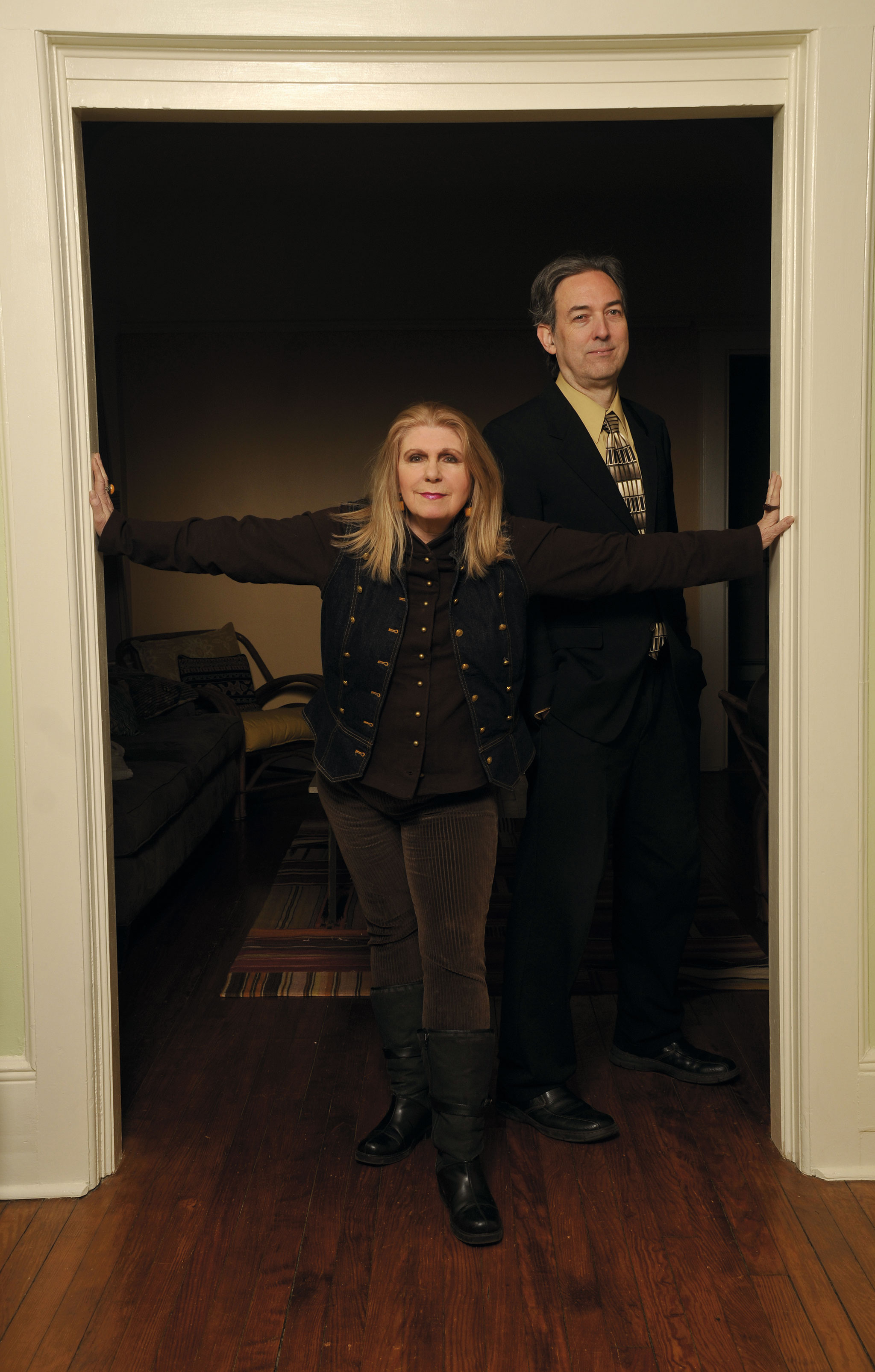
Now the new band are back at full speed. “We did a show in New York last October,” says Haslam, “and we did a hybrid version of Prologue. We had a standing ovation that I’ve never seen us get, ever, ever in this band’s career. I had to really fight back the tears – the emotion was unbelievable. Everybody was standing and they wouldn’t stop whistling and shouting. It was phenomenal. So we’re building up the following. To go to any other places than the east coast is very difficult for us because there’s six people in the band, plus the crew. That’s one of the reasons we’ve not been able to do this before.”
Long-time Renaissance devotees won’t be disappointed with a setlist containing many favourites. “We don’t feel like we have to do them,” Haslam says. “We do them because we enjoy doing them and they’re very powerful, especially if it’s somewhere we haven’t played for a while, then it blows them away. We’ll start off with Prologue, then we’ll do Carpet Of The Sun, Mother Russia. We do Running Hard, Northern Lights, Ocean Gypsy… we’ll be doing Symphony Of Light from the new album, and Grandine il Vento and The Mystic And The Muse are very strong. Then Ashes Are Burning.”
It will be an encapsulation of the 1970s but with an eye to the future. “I’ve got some ideas of what I’d like to do,” says Haslam. “The Royal Philharmonic contacted me a couple of years ago. Because the shows we did in the 70s with them were so successful, they said, ‘How about doing some more?’ We need to win the lottery for that, but that’s one thing I’ve really got in my vision. It would be a phenomenal thing to do again. And maybe a new album at some point. But we need to play this one.”
The UK tour starts on April 14 in Milton Keynes. For details, see http://www.renaissancetouring.com.
Prog Magazine contributor Paul Sexton is a London-based journalist, broadcaster and author who started writing for the national UK music press while still at school in 1977. He has written for all of the British quality press, most regularly for The Times and Sunday Times, as well as for Radio Times, Billboard, Music Week and many others. Sexton has made countless documentaries and shows for BBC Radio 2 and inflight programming for such airlines as Virgin Atlantic and Cathay Pacific. He contributes to Universal's uDiscoverMusic site and has compiled numerous sleeve notes for the Rolling Stones, Eric Clapton and other major artists. He is the author of Prince: A Portrait of the Artist in Memories & Memorabilia and, in rare moments away from music, supports his local Sutton United FC and, inexplicably, Crewe Alexandra FC.
